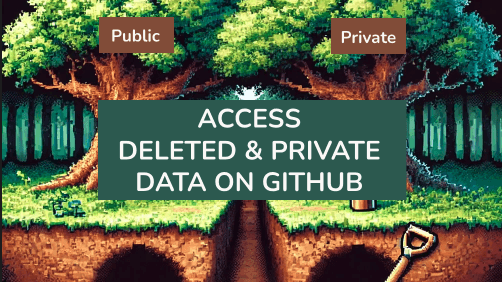Thanks. I’ve had a couple of comments suggesting that it might be a memory leak instead of CPU usage anyway so I’ve installed earlyoom and we’ll see if that can diagnose the problem, if not I’ll look into CPU solutions.
- 8 Posts
- 235 Comments
Open a console with top/htop and check if it will be visible when the system halts.
That would require me to have a second machine up all the time sshed in with htop open, no? Sometimes this happens on the server while I’m asleep and I don’t really want a second machine running 24/7.
Afraid I’m using OpenRC.

 4·18 days ago
4·18 days agoWow, that surprises me. I did LFS with Sys-V (didn’t continue to use it after I set up X11 as I couldn’t be bothered with package maintenance/mostly did it as an exercise rather than for the sake of the finished system) and found it a fun project.
I wonder how many LFS users use GNOME or something that depends on systemd…
The terminal lets you delete the system with the same checks as GUIs, i.e. you’d be prompted for a privilege escalation password… If you delete random user files in the terminal then you can do that in a graphical file browser too. Just don’t run random commands without knowing what they do.
I really do think that’s their problem, and software shouldn’t cater to people who are afraid of checks notes typing. There can be real accessibility reasons why some users may require graphical tools due to various disabilities, but I don’t think it’s reasonable to feed into irrational fears of terminals when they can just copy paste in commands. It’s not programming, it’s very simple to understand the syntax of any command the average user might have to use (ie they’re not doing scripting or anything like that).
For Android? K-Mail. I think they renamed it to Thunderbird now.

 21·1 month ago
21·1 month agoSo it mirrors repos before they go down? I think I get it if that’s the case; I thought it was just a host for “lost” software/source code in which case if you have a copy you can upload it to any software forge (if permitted by the licence). But if it’s meant to contain all software that currently exists, even if it shows no sign of disappearing, that makes more sense.

 24·1 month ago
24·1 month agoMy point is that you don’t need a separate website for this; you can use existing software forge software and websites.

 23·1 month ago
23·1 month agoI don’t think it does address the question. In order to archive source code, you need to have the source code in the first place, ie you can’t archive truly lost source code. If you have the source code, you can upload it to any software forge.

 101·1 month ago
101·1 month agoThat’s cool but is it necessary? If the licence permits redistribution then anyone can just upload to an existing software forge like Codeberg etc

 3·1 month ago
3·1 month agoUse trash-put and trash-cli.

 3·1 month ago
3·1 month agoYeah. It looks like a lot of the BSDs might be the way to go if for whatever reason you want/need to stay on X11. I’ve been trying out OpenBSD on one of my machines, and following for quite a lot longer, and progress on Wayland support seems to be relatively slow over there.

 7·1 month ago
7·1 month agoI imagine that some graphical environments will always support X11. I’d suggest you switch to one of those. If someone forked Plasma, it’d have far fewer eyes on it than something like i3. I assume XFCE will continue to support X11 for a while too since it’s only just working on Wayland support. Maybe some of the less common DEs like MATE are worth looking into?
chezmoi does everything I need. It’s really nice; would recommend.

 5·2 months ago
5·2 months agoGame dev is much more about creativity than technical excellence, for the average hobbyist. So I’d say it’s actually a good hobby to get into if you’re “not the sharpest tool in the shed”. You could even go down a no-code approach like with RPG Maker, if you’re averse to coding.
the Gecko engine is open source so it can be stuck with even if Mozilla goes away
Good luck finding people both capable and willing to maintain it if Mozilla abandons it.
The idea though that we need to switch to a new browser engine because we lost faith in Mozilla is a bit silly
I am saying the opposite. I explicitly said I don’t think that would achieve anything. Just because something constitutes a boycott (i.e. using a different browser engine) doesn’t mean that there’s a point to it.
Forking the codebase and stripping out any AI code is much easier than trying to invent another wheel.
I never said otherwise. I simply said that using Librewolf is not boycotting Firefox.
Using Librewolf isn’t boycotting Firefox. Librewolf is a soft fork and is dependent on Mozilla for updates. You could switch to Ladybird or something more obscure, but I don’t think you’ll achieve much with that either.

The point is that a daemon can catch it before it reaches that point by killing processes that are using too much resources, before all the system resources are used up.